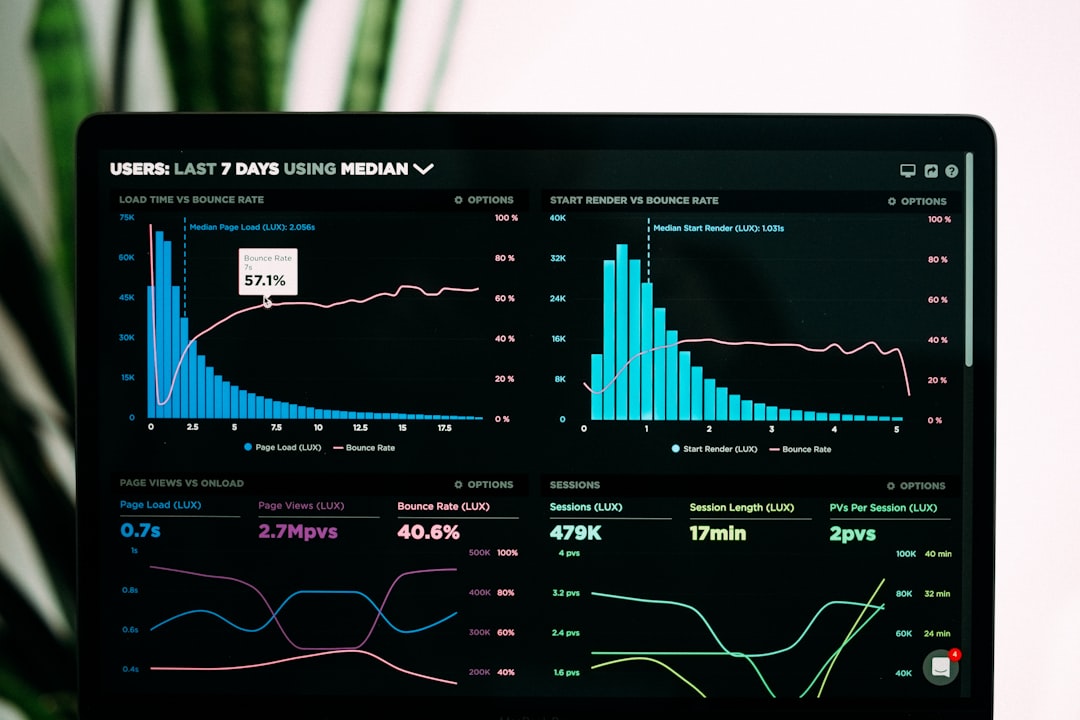In today’s fast-paced and competitive business environment, performance reviews are no longer an annual, paper-based formality. They have become essential tools for fostering growth, boosting employee engagement, and aligning goals across teams. Yet, many small businesses still hesitate to invest in performance review software, assuming it’s only necessary for large corporations with massive HR departments. This couldn’t be further from the truth.
Performance review software offers a streamlined and effective way to manage feedback, goals, and performance—even for companies with just a handful of employees. Here’s why even small businesses should consider adopting a digital solution.
1. Consistency and Objectivity
Without a structured system, performance reviews can become inconsistent and susceptible to bias. Performance review software ensures that:
- All employees are evaluated using the same criteria.
- Managers receive prompts and guidance for meaningful feedback.
- Past reviews and performance data are easily accessible for ongoing evaluations.
This level of transparency fosters fairness and builds trust among team members, which is essential for small teams where interpersonal dynamics are closely-knit.
2. Time and Cost Efficiency
One of the most overlooked benefits of performance review software is the efficiency it brings to the process. Spreadsheets, email threads, and paper forms are not only obsolete—they’re inefficient and error-prone. A digital solution automates reminders, compiles data, and generates reports, freeing up valuable time for managers and business owners.
Especially in small businesses where HR duties often fall on the company founder or a single admin, these time savings can be crucial.

3. Goal Alignment and Tracking
Small businesses need to stay agile, and that means ensuring every employee understands their role in achieving the bigger picture. Performance review software helps align personal goals with team and company objectives through:
- Goal-setting templates and progress tracking tools
- Regular check-ins and milestone tracking
- Real-time dashboards showing goal progress
This kind of ongoing visibility allows companies to pivot quickly when market conditions or business needs change.
4. Employee Development and Retention
Lack of feedback is one of the top reasons employees leave their jobs. With performance review software, employees receive regular, actionable feedback, which is essential for professional growth. Features like 360-degree reviews, peer feedback modules, and skill assessments help employees feel valued and heard.
For smaller teams, where each team member plays a critical role, retaining talent is even more important. Structured feedback can significantly improve job satisfaction and employee loyalty.
5. Data-Driven HR Decisions
Software tools collect and analyze performance data, giving decision-makers valuable insights into:
- Top performers and potential future leaders
- Areas where training is needed
- Patterns in productivity or attendance
These insights are essential for strategic planning, performance management, and workforce optimization—even in a 5-person startup.

Conclusion
Investing in performance review software isn’t about the size of your company—it’s about fostering a culture of accountability, communication, and continuous improvement. Small businesses have just as much to gain, if not more, from implementing streamlined, data-driven performance review processes. The sooner these tools are adopted, the more ingrained and impactful they become as your business scales.
FAQs
1. Isn’t performance review software too expensive for a small business?
Not at all. There are many scalable options designed specifically for small and medium businesses (SMBs). Many tools offer affordable pricing tiers or even free versions with core features.
2. Do I need a dedicated HR person to manage the software?
No. Most performance review platforms are built with user-friendly interfaces and automated workflows that make them easy to use even if you don’t have an HR department.
3. How often should performance reviews be conducted?
While annual reviews are common, modern HR practices recommend more frequent check-ins—quarterly, monthly, or even continuous feedback models, all of which are supported by performance review software.
4. Can the software support remote or hybrid teams?
Absolutely. Most performance review tools are cloud-based and accessible from anywhere, making them ideal for remote or hybrid workforces.
5. What features should I look for in performance review software?
Key features to consider include goal-setting and tracking, customizable review templates, feedback modules (including peer reviews), reporting and analytics, and easy integration with other HR tools.
Ultimately, adopting performance review software ensures your feedback processes are fair, efficient, and actionable—setting up your small company for long-term success.
